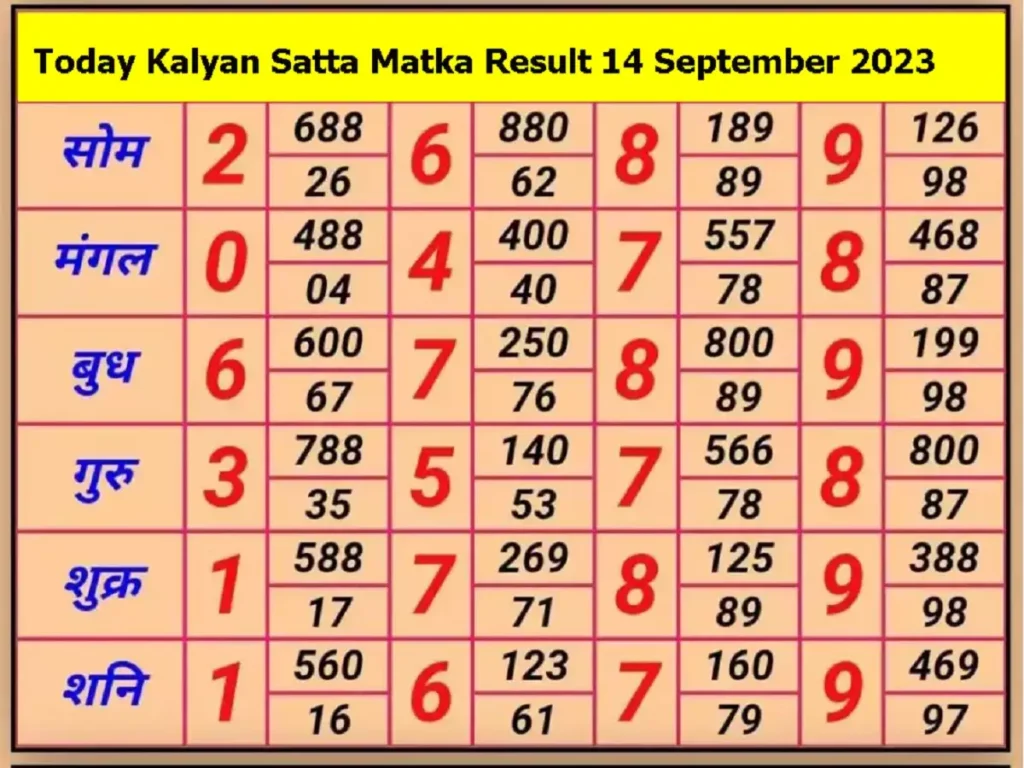Introduction
Indian literature is a treasure trove of profound stories, rich traditions, and timeless lessons. It has the power to transport readers into myriad worlds, from the heart of bustling cities to the quiet whispers of rural life. If you’ve been yearning to explore the soul of India through its iconic books, you’re in for a treat! Let’s dive into the most compelling book reviews of famous Indian books, designed to inspire and motivate you to pick up these literary gems.
Why Indian Literature Stands Out
India’s literary tapestry is unique in its diversity, storytelling depth, and cultural resonance. From classic epics to contemporary novels, Indian books are a mirror reflecting the country’s vibrant spirit. But choosing where to start can feel like standing in a candy store without a clue of what to pick. So, let’s cut through the clutter and take you straight to the book reviews of famous Indian books!
A Glimpse Into Iconic Indian Literature
“The God of Small Things” by Arundhati Roy
Winner of the Booker Prize in 1997, this book is an emotional rollercoaster. Set in Kerala, it tells the story of twin siblings and their struggles against societal norms. Roy’s poetic language paints vivid imagery, making you feel the humid air of Ayemenem and the bittersweet taste of forbidden love.
Why Read It?
- Explores themes of family, caste, and politics.
- The writing style is both lyrical and immersive.
- Perfect for readers who love deeply emotional and layered stories.
“Train to Pakistan” by Khushwant Singh
Set during the 1947 partition, this book is an unflinching portrayal of the horrors and humanity of that tumultuous time. Singh brings to life the fictional Mano Majra, a village caught between love and violence.
What Makes It Special?
- Historical accuracy blended with gripping fiction.
- A balanced portrayal of all sides, showing humanity in its rawest form.
“A Suitable Boy” by Vikram Seth
If you’re up for a hefty yet rewarding read, this 1,500-page novel is a must. It follows the life of Lata, a young woman navigating love, family, and societal expectations in post-independence India.
Key Highlights:
- A sweeping narrative that combines romance, politics, and culture.
- Offers a deep dive into India’s socio-political changes post-1947.
“Midnight’s Children” by Salman Rushdie
Rushdie’s masterpiece is a blend of magical realism and historical fiction. The protagonist, Saleem Sinai, represents post-colonial India, born at the stroke of midnight on August 15, 1947.
Why It’s Worth Your Time:
- Unique narrative style that intertwines personal and national history.
- Rushdie’s clever use of magical realism is both thought-provoking and entertaining.
“Malgudi Days” by R.K. Narayan
Sometimes, the simplest stories leave the deepest marks. This collection of short stories is set in the fictional town of Malgudi, capturing the everyday lives of ordinary people.
Reader’s Takeaway:
- Narayan’s humor and heartwarming storytelling make it universally appealing.
- Each story is short yet impactful, perfect for readers short on time.
Books That Challenge Perspectives
“Untouchable” by Mulk Raj Anand
This groundbreaking novel highlights caste discrimination through the eyes of Bakha, a young “untouchable.” Anand’s writing gives voice to marginalized communities, making it a powerful social critique.
Why Pick This Book?
- An eye-opening look at the harsh realities of caste oppression.
- Straightforward yet impactful prose that stays with you.
“The White Tiger” by Aravind Adiga
Through the eyes of Balram Halwai, a driver-turned-entrepreneur, this book unveils the stark inequalities in modern India. Adiga’s sharp wit and gripping storytelling earned it the 2008 Booker Prize.
Highlights:
- A bold, unfiltered take on class disparity and ambition.
- Ideal for readers who enjoy dark humor with social commentary.
Classics That Never Grow Old
“Gitanjali” by Rabindranath Tagore
Tagore’s Nobel Prize-winning collection of poems is a spiritual and emotional masterpiece. These verses delve into themes of love, nature, and divine connection.
Why Read Gitanjali?
- Each poem feels like a soothing balm for the soul.
- Ideal for readers seeking introspection and peace.
“Shantaram” by Gregory David Roberts
Though not an Indian author, Roberts’ semi-autobiographical novel about life in Mumbai is a must-read. With vivid characters and gripping adventures, it’s a love letter to India’s chaos and beauty.
Reader’s Experience:
- A thrilling blend of action, philosophy, and cultural exploration.
- Captures the essence of Mumbai’s bustling life.
Modern Gems Worth Exploring
“The Palace of Illusions” by Chitra Banerjee Divakaruni
A retelling of the Mahabharata through Draupadi’s eyes, this book reimagines ancient tales with a feminist perspective.
What Sets It Apart?
- Makes mythology relatable to modern readers.
- A refreshing take on an age-old epic.
“In Custody” by Anita Desai
- This poignant story revolves around Deven, a Hindi professor tasked with interviewing a fading Urdu poet. Desai masterfully explores themes of nostalgia and cultural erosion.
Why Read This?
- A moving portrayal of India’s linguistic and cultural shifts.
- Richly layered characters and nuanced storytelling.
How These Books Reflect India’s Diversity
Indian books don’t just tell stories; they offer lessons, challenge perspectives, and connect us to humanity. They reflect the diversity of language, religion, geography, and thought. Picking any one of these books is like embarking on an unforgettable journey into India’s heart.
Tips for Choosing Your Next Indian Book
- Consider Your Interests: Do you prefer historical drama, emotional tales, or social commentary?
- Read Reviews: Honest reviews like these help you find a book that aligns with your taste.
- Experiment: Don’t shy away from genres you haven’t tried before.
Conclusion
Whether you’re seeking a deep emotional connection, a hearty laugh, or a profound life lesson, book reviews of famous Indian books have it all. They are more than just stories; they’re a celebration of India’s soul. Start with any of these titles, and you’re sure to come back for more. Happy reading!
FAQs
What is the best Indian book to start with?
For beginners, “Malgudi Days” by R.K. Narayan or “The White Tiger” by Aravind Adiga are excellent starting points. They’re engaging, easy to follow, and deeply insightful.
Which Indian book has won the most prestigious awards?
“Midnight’s Children” by Salman Rushdie and “The God of Small Things” by Arundhati Roy are both Booker Prize winners and widely celebrated.
Why is Indian literature important?
Indian literature captures the essence of a diverse and vibrant culture, offering insights into its history, values, and evolving narratives.
Are there good Indian books for young readers?
Absolutely! Books like “The Blue Umbrella” by Ruskin Bond and “Swami and Friends” by R.K. Narayan are delightful reads for younger audiences.
What genres are most popular in Indian literature?
Historical fiction, contemporary social novels, and mythological retellings are among the most loved genres.
Can non-Indians relate to Indian books?
Yes! The universal themes of love, identity, and struggle resonate with readers worldwide, offering a window into Indian culture.



